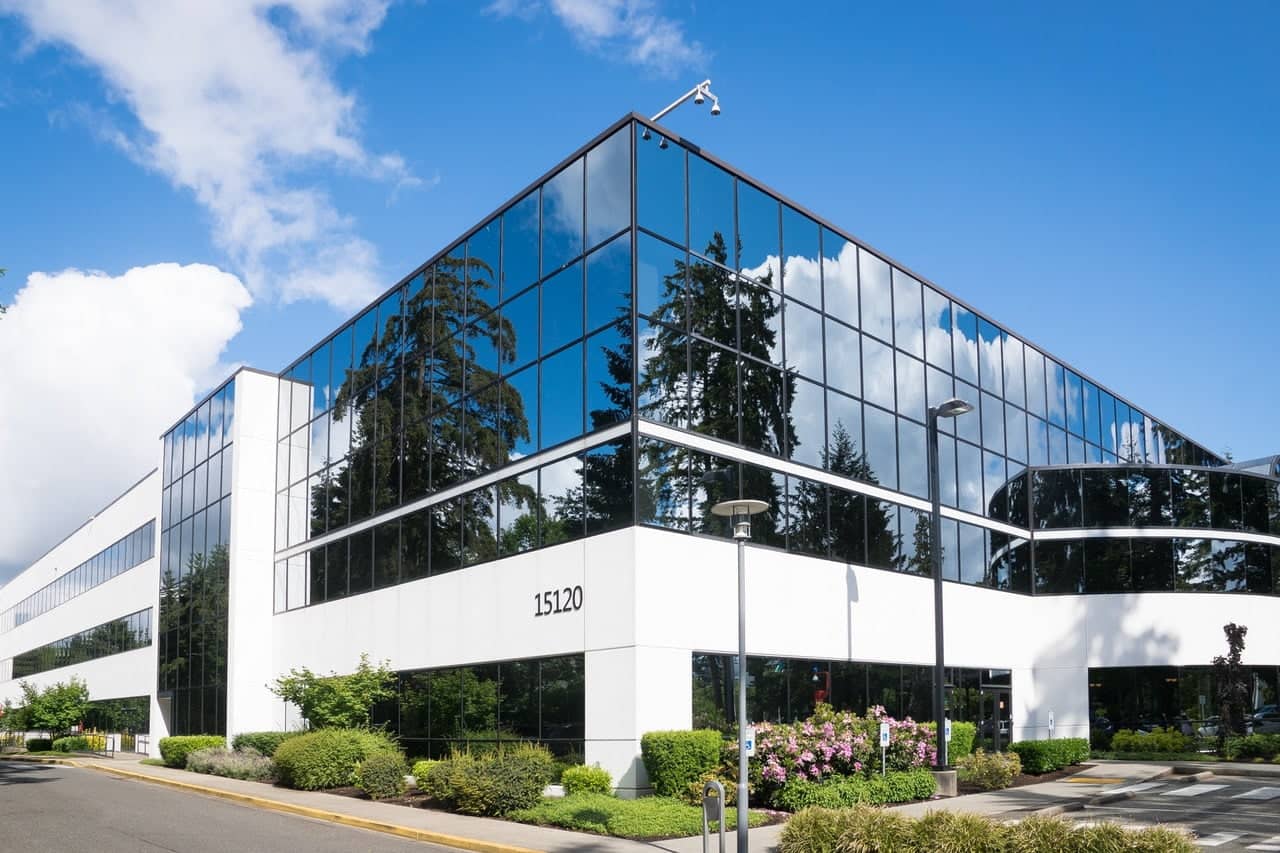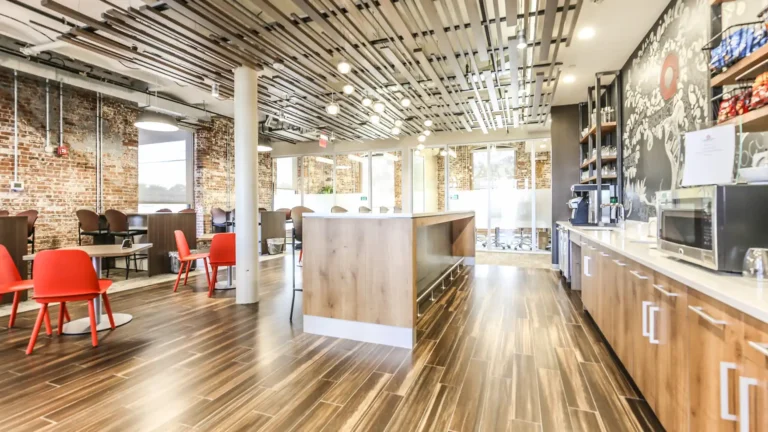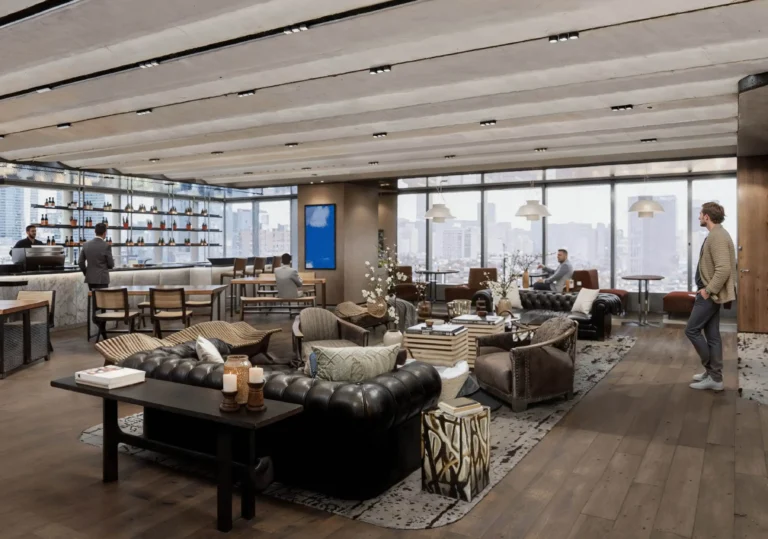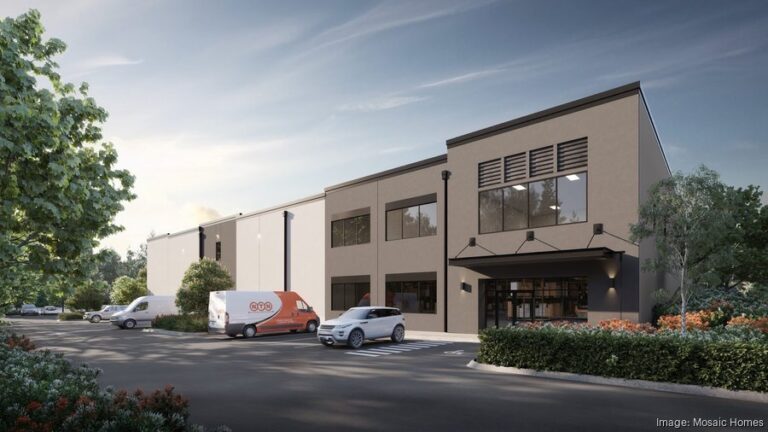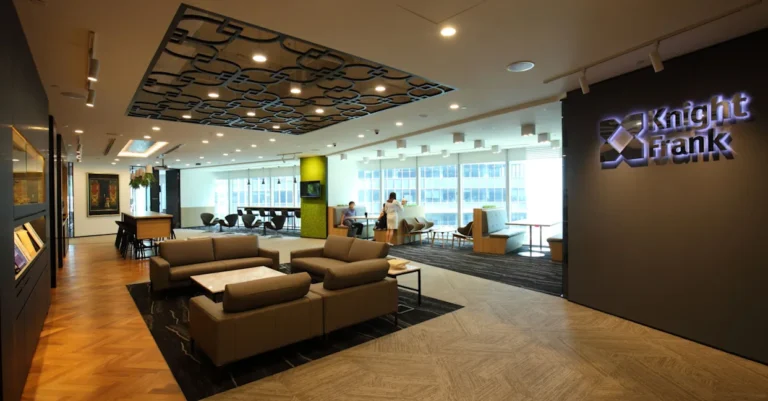Best Business Property for Lease Near You 2025 Guide to Finding the Perfect Commercial Space
Finding the right business property for lease can make or break your company’s success. Whether you are starting a new venture, expanding into new markets, or upgrading from a home office, leasing commercial property offers flexibility, convenience, and financial efficiency.
In 2025, businesses have more leasing options than ever before — from coworking spaces and retail stores to large industrial warehouses. With digital platforms and AI-driven real estate tools, it’s now easier to locate and lease the perfect property tailored to your needs and budget.
This comprehensive guide explores everything you need to know about leasing business properties, the benefits of using technology-driven leasing services, and a deep dive into five leading real-world platforms that can help you secure your next commercial space.
Understanding Business Property for Lease
What Is a Business Property for Lease?
A business property for lease is a commercial space rented by a company for operational use rather than being purchased outright. These properties can include offices, retail stores, warehouses, and manufacturing units. Leasing allows businesses to use high-value real estate without heavy upfront investments.
Leasing agreements are typically flexible and can be short-term or long-term, depending on business goals. Startups often prefer leasing because it provides access to professional environments without the high costs of ownership, while established companies use leases to expand regionally without overextending their budgets.
Types of Business Properties Available for Lease
The market offers a variety of leasing options depending on your industry:
-
Office Spaces: Ideal for corporate setups or startups.
-
Retail Shops: Perfect for storefronts and boutiques.
-
Warehouses: Designed for logistics and manufacturing.
-
Coworking Spaces: Flexible for freelancers and small teams.
-
Industrial Facilities: Suitable for large-scale production or distribution.
Each property type comes with unique lease terms, pricing models, and benefits that businesses should evaluate before committing.
Benefits of Leasing Business Properties

Financial Flexibility and Cost Efficiency
Leasing eliminates the need for large capital investments that typically come with property ownership. Businesses can use the saved funds for marketing, expansion, or product development. Monthly rent payments are predictable, which helps with budgeting and cash flow management.
In addition, landlords often handle major repairs, insurance, and property taxes, allowing tenants to focus on their business operations rather than maintenance issues.
Scalability and Location Advantages
Leasing allows businesses to adapt quickly to changing market conditions. As your company grows, you can easily upgrade to a larger space or relocate to a more strategic area.
Most leased commercial properties are located in business districts or high-traffic retail zones, offering maximum exposure to clients and partners. This makes it easier to attract customers and talent without overspending on location costs.
Top 5 Platforms to Find the Best Business Property for Lease
The following are five leading platforms and services that make it easier to find and lease commercial properties in 2025. Each platform offers unique features, technology integrations, and benefits that cater to various business needs.
1. LoopNet

LoopNet remains one of the most trusted commercial real estate platforms worldwide. With millions of active listings, it helps businesses find offices, warehouses, and retail spaces in any location.
LoopNet’s advanced filters let users search by price, square footage, building type, and neighborhood. It also offers virtual tours and aerial map views, giving prospective tenants a complete sense of the property before visiting in person.
Use Case: A small business owner looking to open a boutique can browse LoopNet for retail spaces in high-traffic areas. The platform’s data insights-like foot traffic and demographic reports-help ensure you choose the most profitable location.
2. CREXi (Commercial Real Estate Exchange, Inc.)
CREXi is a cutting-edge real estate platform designed for both tenants and brokers. It simplifies property leasing through AI-powered search algorithms that match businesses with ideal properties based on industry type, budget, and location.
CREXi’s intuitive interface allows direct communication between tenants and property managers, reducing waiting times for inquiries or negotiations. The platform also provides financial calculators for estimating rent costs and long-term value.
Use Case: A logistics startup can use CREXi to identify affordable warehouse leases near transportation hubs, streamlining delivery operations and cutting costs.
3. CBRE Group
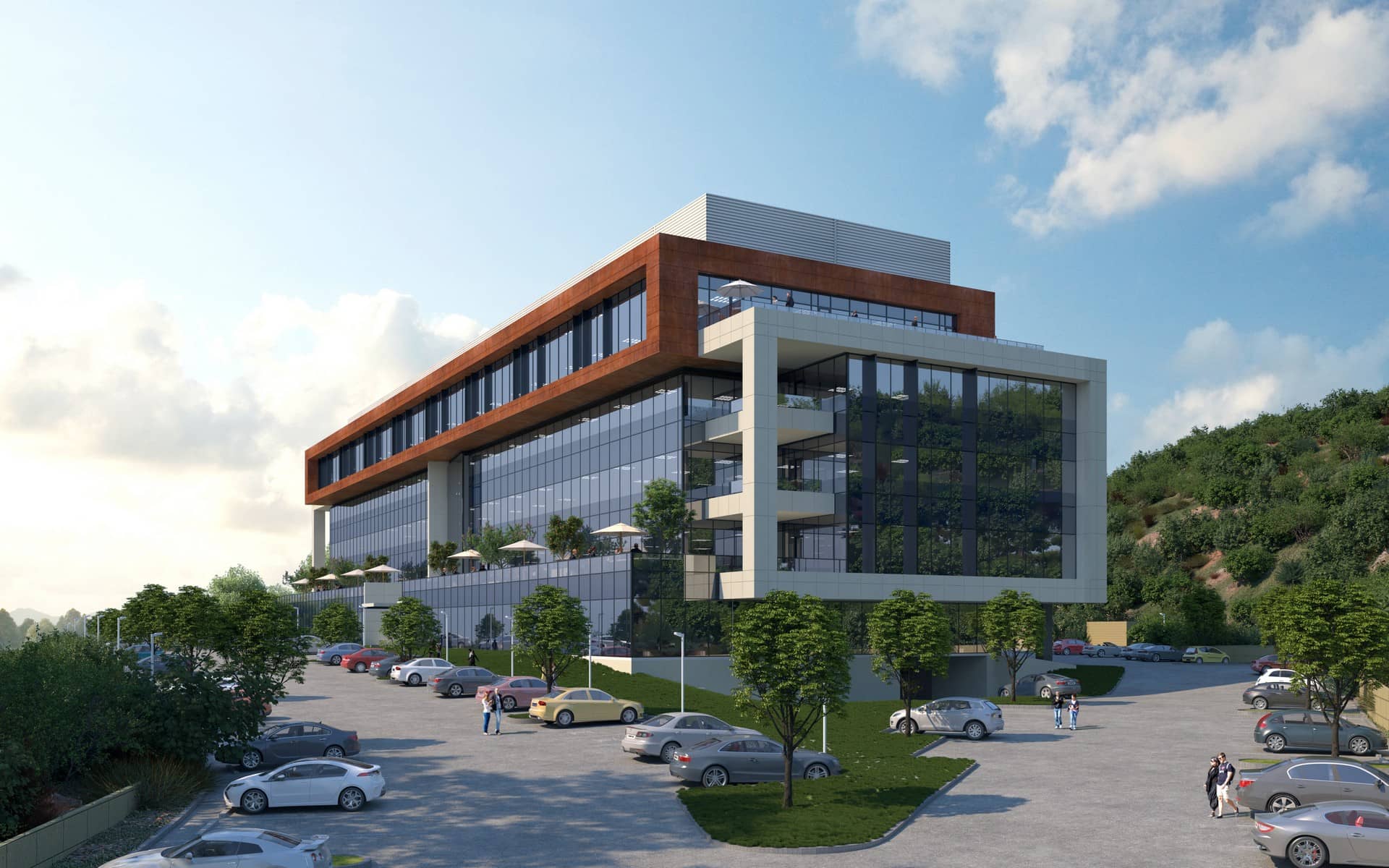
CBRE (Coldwell Banker Richard Ellis) is one of the world’s most reputable real estate service firms. Their website lists thousands of business properties for lease globally, supported by professional agents who guide clients through every step of the leasing process.
CBRE’s proprietary market analytics system offers real-time insights into rental trends, vacancy rates, and neighborhood development plans. They specialize in helping large corporations secure long-term office and industrial leases.
Use Case: A manufacturing company expanding to a new city can use CBRE to find industrial parks with reliable logistics access and favorable leasing terms.
4. JLL (Jones Lang LaSalle)
JLL is known for its innovative approach to commercial leasing. The company integrates technology, sustainability, and efficiency into its property offerings.
Tenants using JLL benefit from smart building systems that monitor energy usage, lighting, and air quality-reducing operational costs while promoting sustainability. Their online platform provides detailed property insights and virtual viewings for time-saving convenience.
Use Case: A tech company seeking a modern, energy-efficient office space can use JLL to locate LEED-certified buildings that align with their sustainability goals.
5. Colliers International
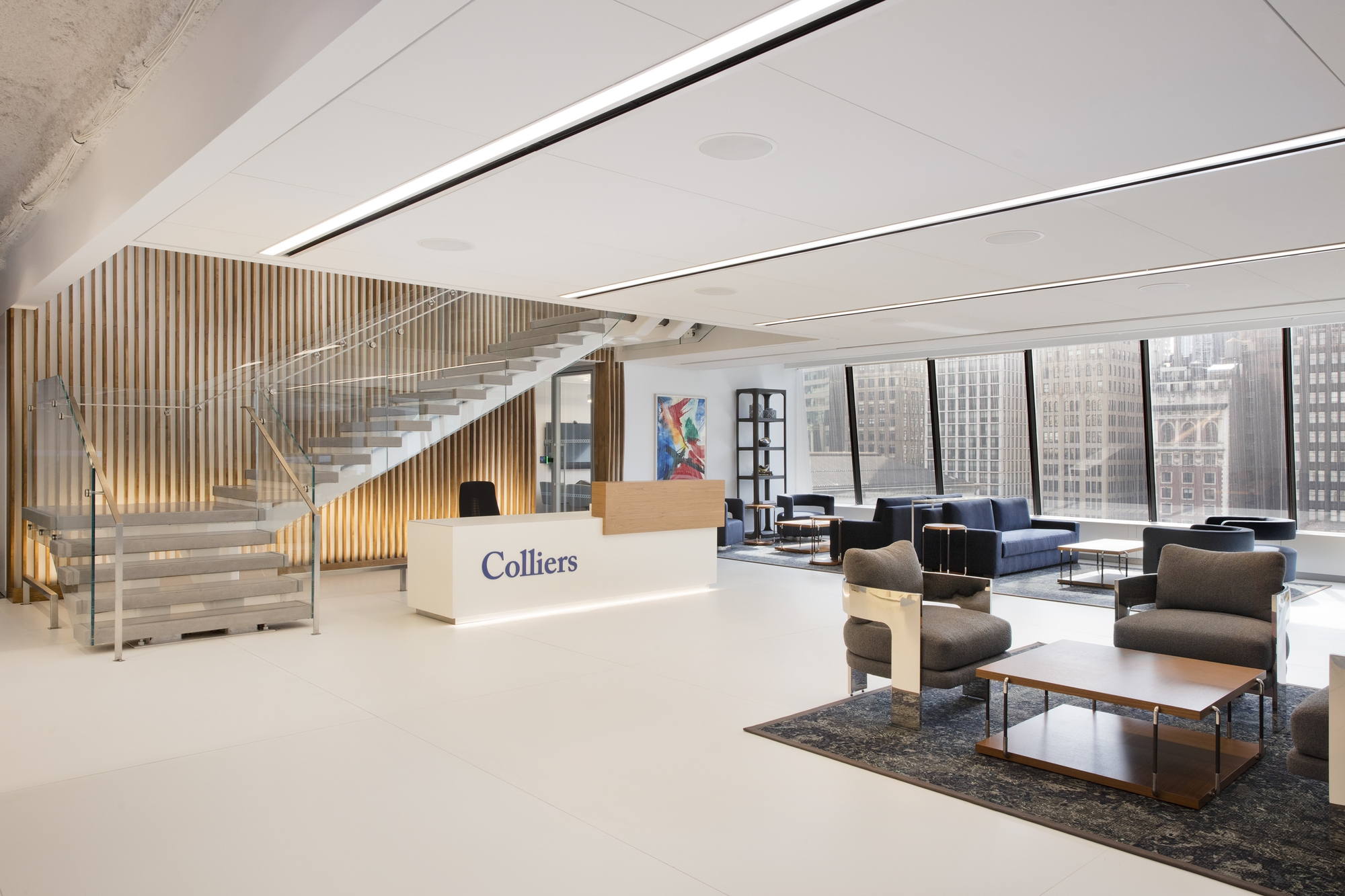
Colliers International provides global commercial real estate leasing services, offering a broad range of property types from small retail shops to large corporate headquarters.
Their Colliers360 platform gives clients a complete overview of lease performance, occupancy rates, and cost-saving opportunities. Businesses can compare multiple lease options and analyze which spaces best support their operations and budget.
Use Case: A retail brand expanding across several cities can use Colliers’ data insights to identify high-traffic areas with proven sales potential.
Benefits of Technology in Business Property Leasing
Smarter, Data-Driven Decisions
Digital leasing platforms use AI algorithms to analyze real estate trends, price fluctuations, and local demographics. Businesses can use this data to identify which locations are most profitable, what rental rates are competitive, and how to optimize long-term lease costs.
These technologies reduce the guesswork traditionally involved in property leasing, helping tenants choose locations backed by measurable insights rather than intuition.
Enhanced Visualization and Remote Accessibility
Through 3D virtual tours and augmented reality (AR), businesses can now view properties from anywhere in the world. This allows tenants to explore multiple locations before physically visiting, saving both time and money.
Such innovations also make it easier to compare building layouts, accessibility features, and nearby amenities-ensuring your chosen property meets every operational need.
Why Businesses Should Lease Instead of Buy
Solving Common Business Challenges
Leasing helps businesses overcome financial barriers by removing the need for large down payments. It also provides flexibility-if market conditions change, companies can relocate or scale without financial strain.
Startups especially benefit from leasing, as it allows them to test markets and locations before committing to long-term property investments.
Building a Stronger Business Presence
Leasing a commercial property in a prime district enhances brand visibility and professionalism. Being located in reputable business zones can attract better clients, partners, and employees. It also projects a stable and trustworthy brand image.
How to Lease a Business Property
-
Define Your Needs: Determine space size, budget, and required amenities.
-
Search for Listings: Use trusted platforms like LoopNet, CREXi, or JLL.
-
Inspect Properties: Take virtual or in-person tours to evaluate suitability.
-
Negotiate Lease Terms: Discuss duration, pricing, and maintenance responsibilities.
-
Review the Contract: Have a legal expert review before signing.
Where to Start Leasing
Get started with these trusted platforms today:
Frequently Asked Questions
Q1. What is the typical lease length for business properties?
Lease durations typically range between 3 and 10 years. However, short-term leases are available for coworking spaces and startups needing flexibility.
Q2. Can I negotiate the terms of a commercial lease?
Yes. Most landlords are open to negotiations, especially regarding rent pricing, maintenance clauses, and renewal terms.
Q3. Is leasing better than buying a commercial property?
For most businesses, yes. Leasing requires lower upfront costs, offers flexibility, and allows easy relocation when business needs change.
